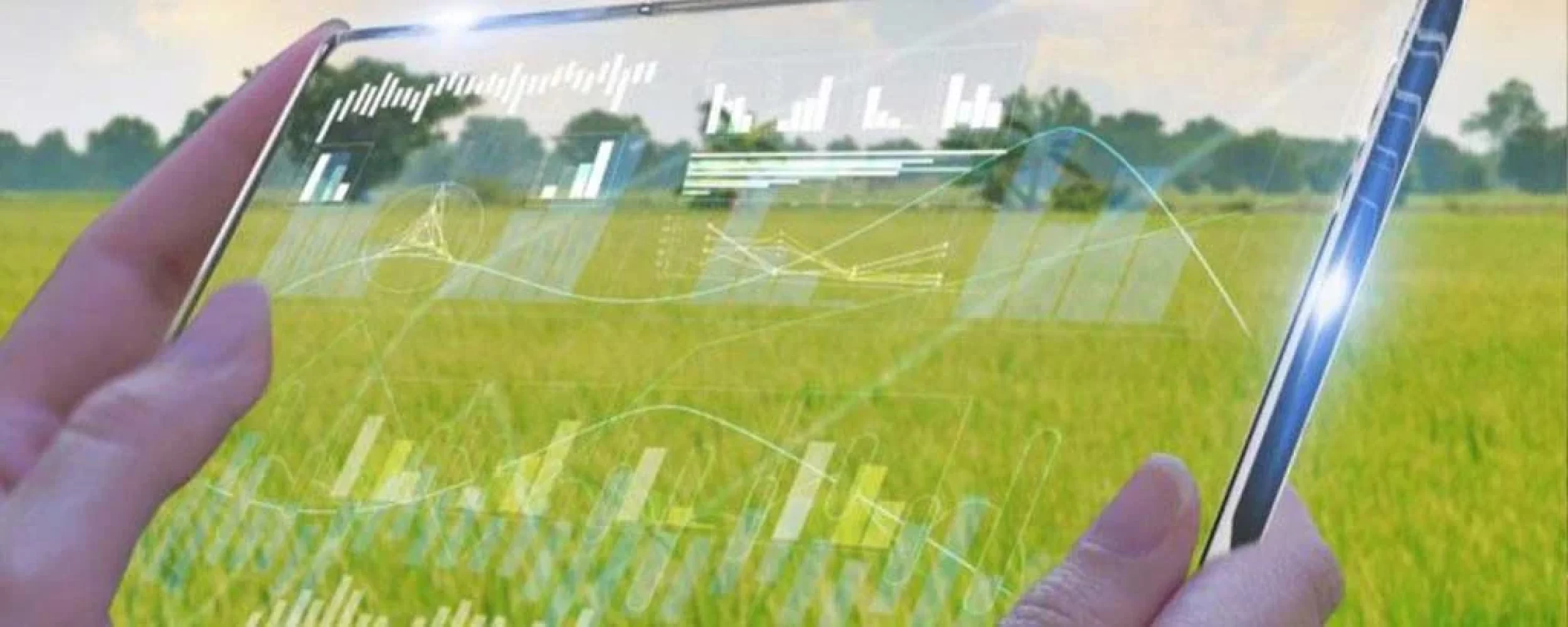Introduction:
Agriculture has been a fundamental aspect of human life for thousands of years. Our food production methods have evolved, and the future of agriculture is poised for further significant and dynamic change. Explore the latest trends such as, challenges, and opportunities in the evolving world of agriculture, impacting farmers, consumers, and the planet.
Future of Agriculture, Trends:
Precision agriculture:
This involves using technology such as drones, sensors, and GPS to monitor and manage crop growth, yield, and soil health.
Vertical farming:
This technique grows crops in vertically stacked layers, typically indoors, with controlled environmental factors like artificial light, temperature, and humidity.
Organic farming:
The demand for organic and sustainably grown food continues to rise as consumers become more aware of the impact of conventional farming on the environment.
Regenerative agriculture:
This approach focuses on restoring soil health, reducing the use of synthetic inputs, and enhancing biodiversity to create a more sustainable and resilient farming system.
Future of Agriculture, Challenges :
Climate change:
Rising temperatures, extreme weather events, and changes in precipitation patterns are affecting crop yields and increasing the prevalence of pests and diseases.
Soil degradation:
The overuse of synthetic fertilizers, monoculture farming practices, and erosion are leading to soil degradation, which can have long-term negative impacts on crop productivity and environmental health.
Water scarcity:
With the increasing demand for water for agriculture and other uses, there is a growing need for more efficient irrigation systems and sustainable water management practices.
Food waste:
A significant portion of the food produced globally goes to waste, leading to significant economic and environmental costs.
Opportunities in Agriculture:
Sustainable agriculture:
The transition to sustainable, regenerative farming presents an opportunity to address environmental issues while boosting productivity and profitability in agriculture.
Innovation:
Technological advances such as precision agriculture, automation, and biotechnology provide novel approaches to boost yields, reduce waste, and enhance efficiency.
Local food systems:
There is increasing interest in local food systems that promote community-based agriculture. In addition reduce transportation emissions, and support small-scale farmers.
Circular economy:
The circular economy approach involves reducing waste and maximizing resource efficiency through practices like composting, recycling, and upcycling.
Conclusion:
In conclusion, the future of agriculture will be shaped by a complex interplay of trends, challenges, and opportunities. In our transition to a sustainable, resilient food system, prioritizing environmental health, economic viability, and social equity is imperative. Furthermore Farmers, consumers, and policymakers all have a role to play in creating a more just and sustainable future for agriculture.
